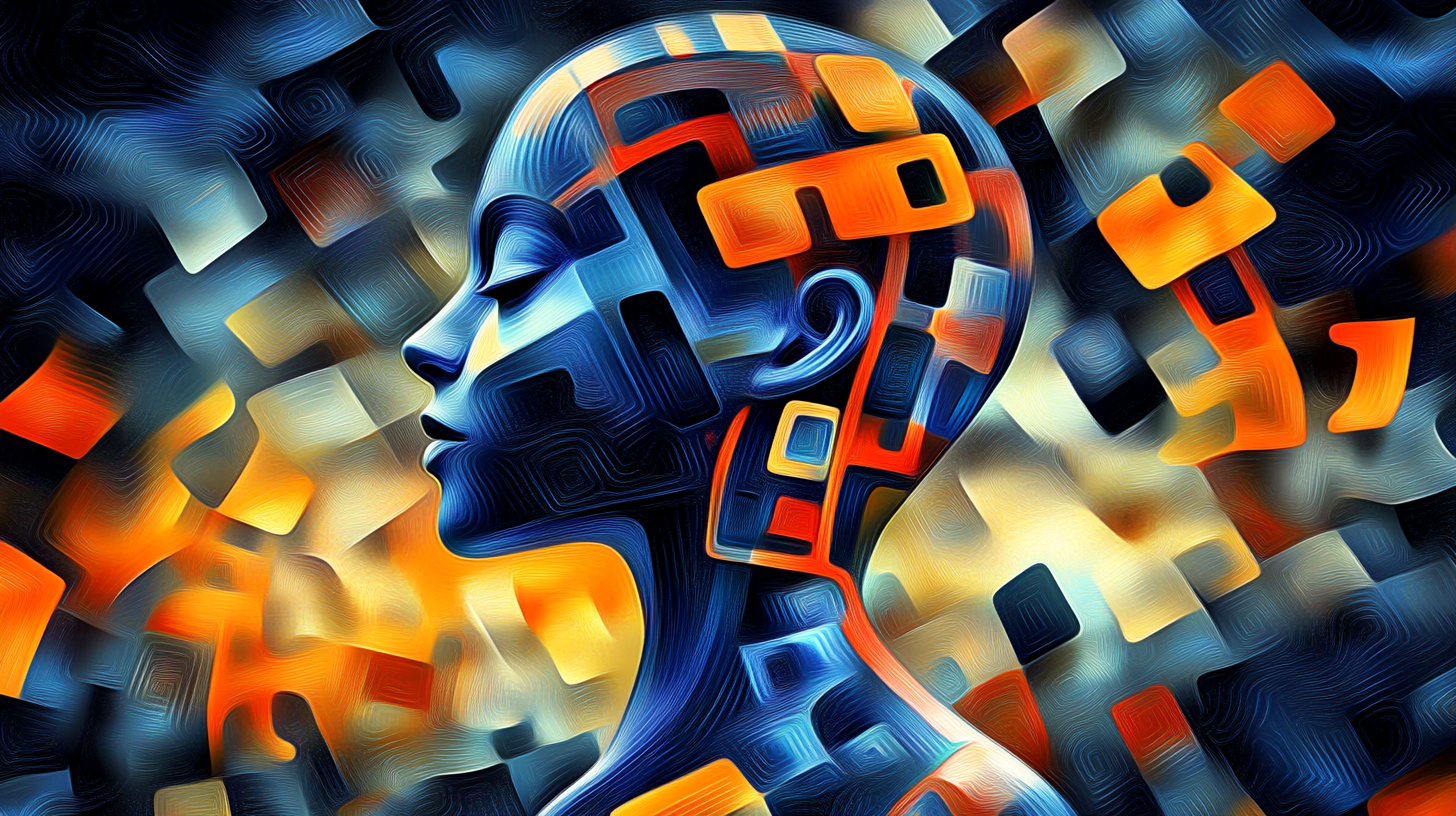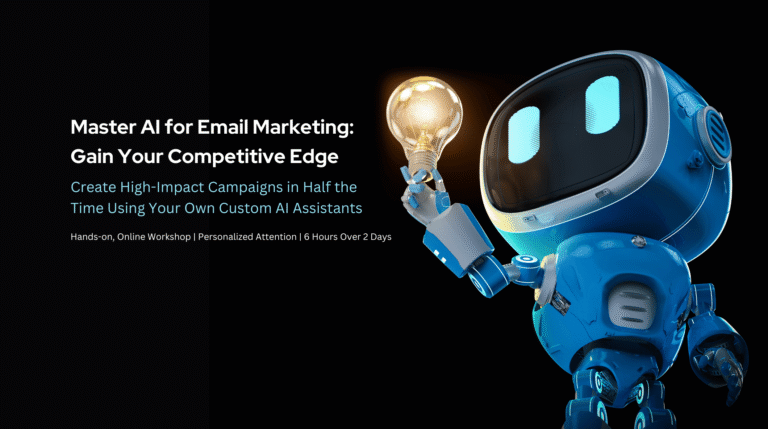AI + Humans: The Ultimate Power Couple in Business
AI is automating everything. It’s coding, designing, writing, and even making strategic recommendations. So, where does that leave us?
It’s a question many of us are asking these days. As AI advances, one thing is becoming clear: the future of work isn’t about humans vs. AI, it’s about humans and AI. The real winners won’t be the ones who resist automation, but those who learn how to work alongside AI, amplifying what humans do best. This is what we call the Hybrid Advantage: leveraging “Hybrid Intelligence” to gain a competitive edge.
What AI Does Well
AI is a powerful tool. It can:
- Process vast amounts of data in seconds
- Automate repetitive tasks
- Generate content, code, and design assets
- Predict trends and make data-driven recommendations
In short, AI is excellent at efficiency, pattern recognition, and automation. But here’s the thing: it still lacks the uniquely human qualities that drive real innovation.
The Human Advantage: What AI Can’t Do
So, what skills should you be doubling down on in an AI-driven world? The ones AI can’t replicate:
Creative Thinking – AI can remix existing ideas, but it doesn’t invent the next big thing. True innovation still comes from human imagination and original thought. The ability to connect seemingly unrelated concepts, identify unique opportunities, and challenge the status quo remains an inherently human trait. Businesses that encourage a culture of experimentation and ideation will stay ahead in an AI-enhanced world.
Strategic Judgment – AI can analyze data, but deciding what actually matters? That’s a human call. AI might suggest a course of action, but the real-world implications require human experience and intuition. Strong strategic judgment is built through industry experience, exposure to diverse perspectives, and the ability to interpret qualitative factors that AI cannot measure, such as company culture or geopolitical influences.
Empathy & Leadership – AI can’t build trust. It doesn’t manage relationships. It won’t rally a team around a vision or navigate the emotional complexities of leadership. Effective leaders must develop emotional intelligence to inspire teams, resolve conflicts, and foster inclusive workplace environments. As AI takes over technical tasks, leadership will become even more critical in motivating people and aligning them toward common goals.
AI Fluency – No, you don’t need to be a machine learning expert. But knowing how to work with AI, challenge its outputs, and integrate it effectively? That’s a must-have skill. AI fluency involves understanding AI’s strengths and weaknesses, knowing when human intervention is needed, and leveraging AI as a strategic tool rather than a replacement. Organizations that prioritize AI literacy through training programs and hands-on experience will have a significant competitive advantage.
AI + Human Collaboration: The Breakthrough
When we stop thinking of AI as a replacement and start seeing it as a collaborator, incredible things happen. This is the essence of “Hybrid Intelligence”: the synergy between human intuition and AI’s computational power.
- Marketers use AI to analyze customer behavior, but craft messages with human emotion.
- Entrepreneurs automate tasks with AI, freeing up time for high-level strategy.
- AI adoption managers guide organizations in using AI effectively, ensuring it aligns with business goals.
Your Action Plan: Upskilling for the Hybrid Advantage
To stay competitive and relevant in an AI-driven world, you must actively develop the skills that complement AI rather than compete with it. Here’s a practical roadmap:
1. Strengthen Critical Thinking and Decision-Making
- Engage in problem-solving exercises and case studies.
- Take courses on strategic decision-making and scenario planning.
- Practice evaluating AI-generated insights rather than taking them at face value.
2. Develop Creativity and Innovation Skills
- Participate in brainstorming sessions that require out-of-the-box thinking.
- Study creative problem-solving methodologies such as design thinking.
- Read widely outside your industry to encourage cross-disciplinary insights.
3. Build AI Fluency
- Learn the basics of AI: what it can and can’t do.
- Experiment with AI tools to understand their practical applications.
- Stay updated on AI advancements through courses, blogs, and industry reports.
4. Improve Leadership and Emotional Intelligence
- Take leadership development programs that focus on communication, collaboration, and motivation.
- Foster a culture of adaptability and continuous learning within teams.
- Develop coaching and mentoring skills to guide others in AI adoption.
5. Master AI-Augmented Productivity
- Automate routine tasks using AI to focus on high-impact work.
- Use AI tools for enhanced data analysis and strategic insights.
- Continuously refine workflows to integrate AI efficiently without losing the human touch.
The Future Belongs to Those Who Adapt
The businesses that thrive in this AI-driven world won’t be the ones that ignore AI, or rely on it blindly. They’ll be the ones that know how to merge human insight with AI’s capabilities to create something greater than either could alone. That is the true Hybrid Advantage.
The question isn’t whether AI will change the way we work – it already is. The real question is: Are you evolving with it?







